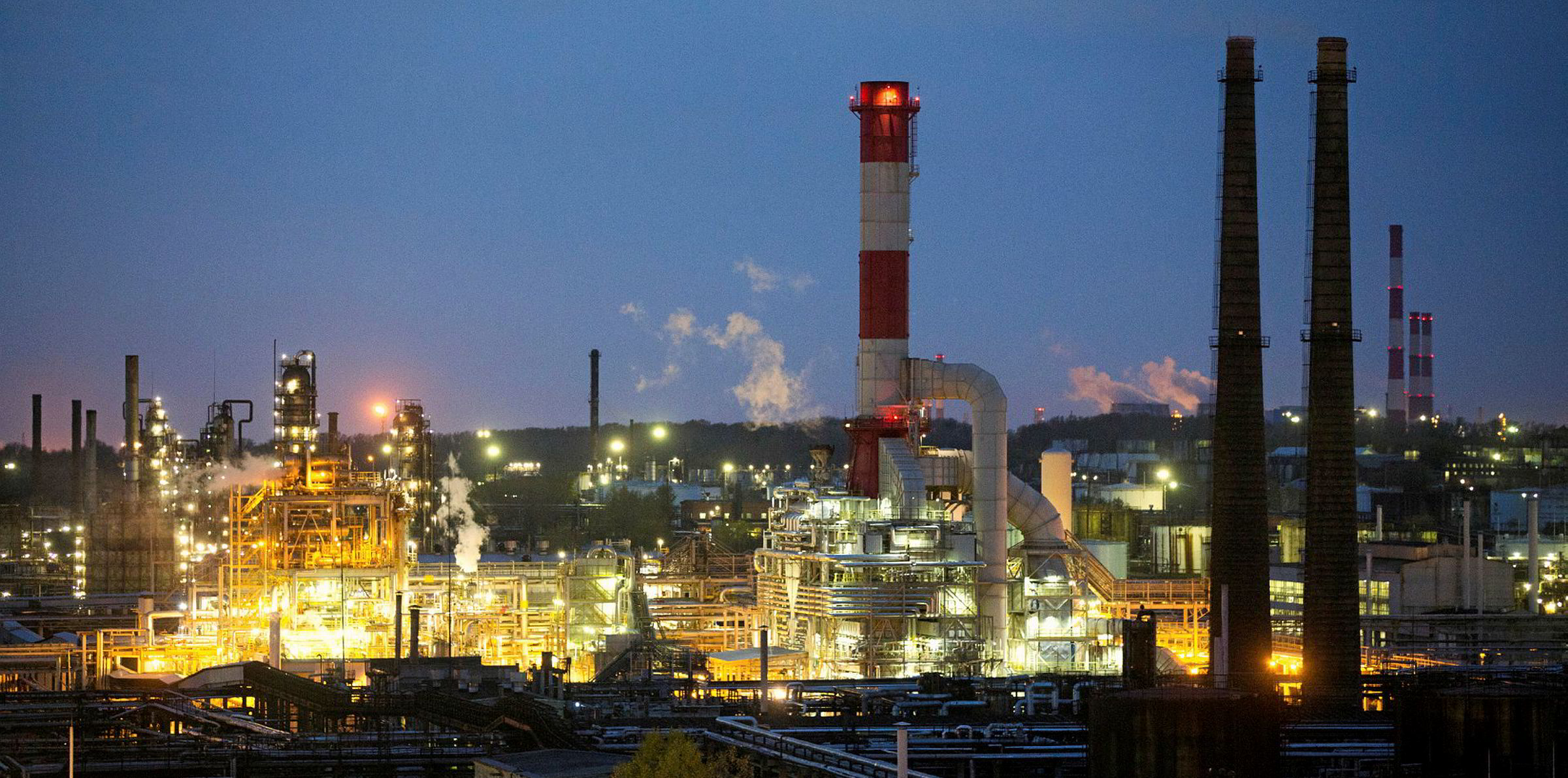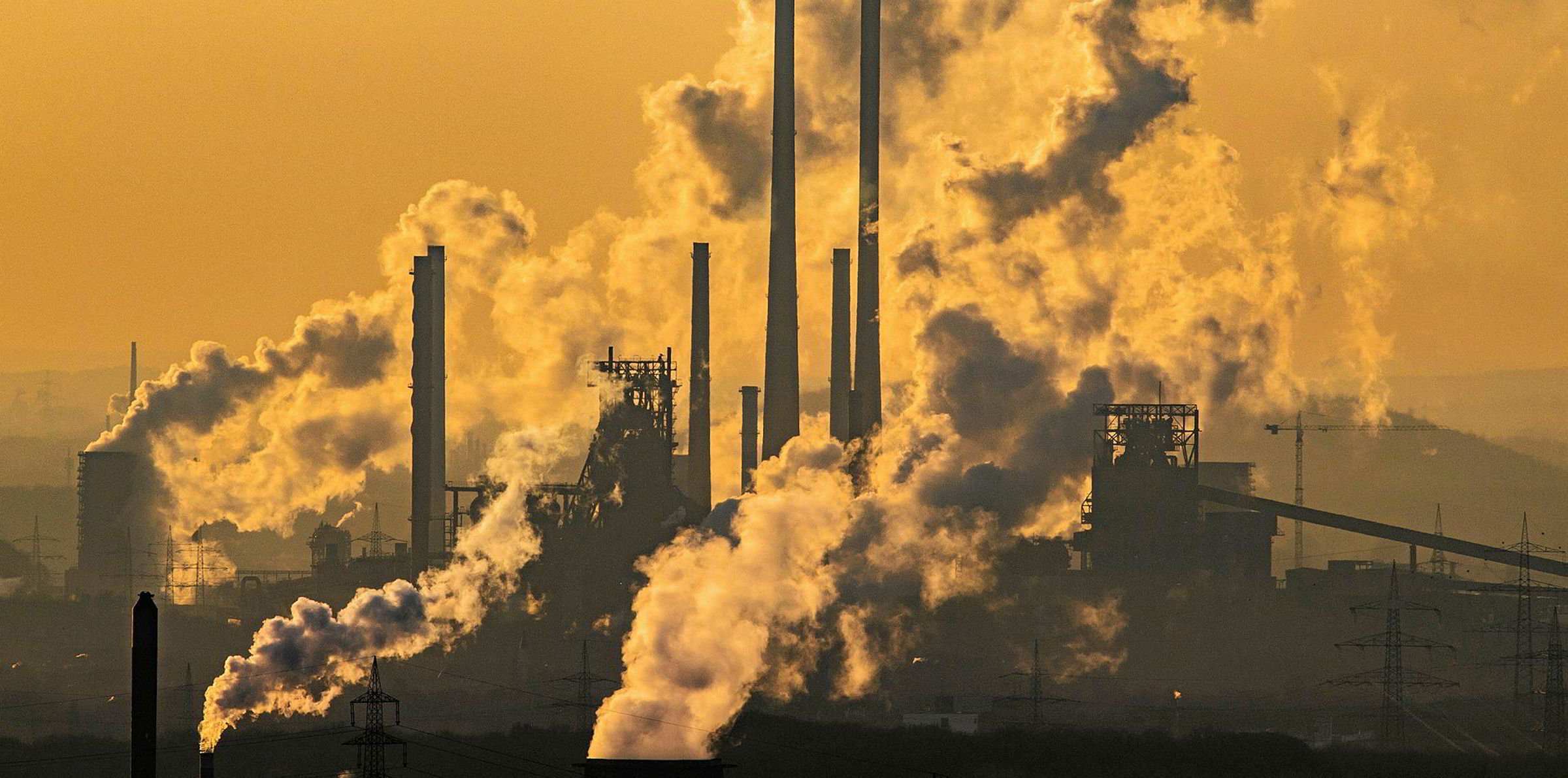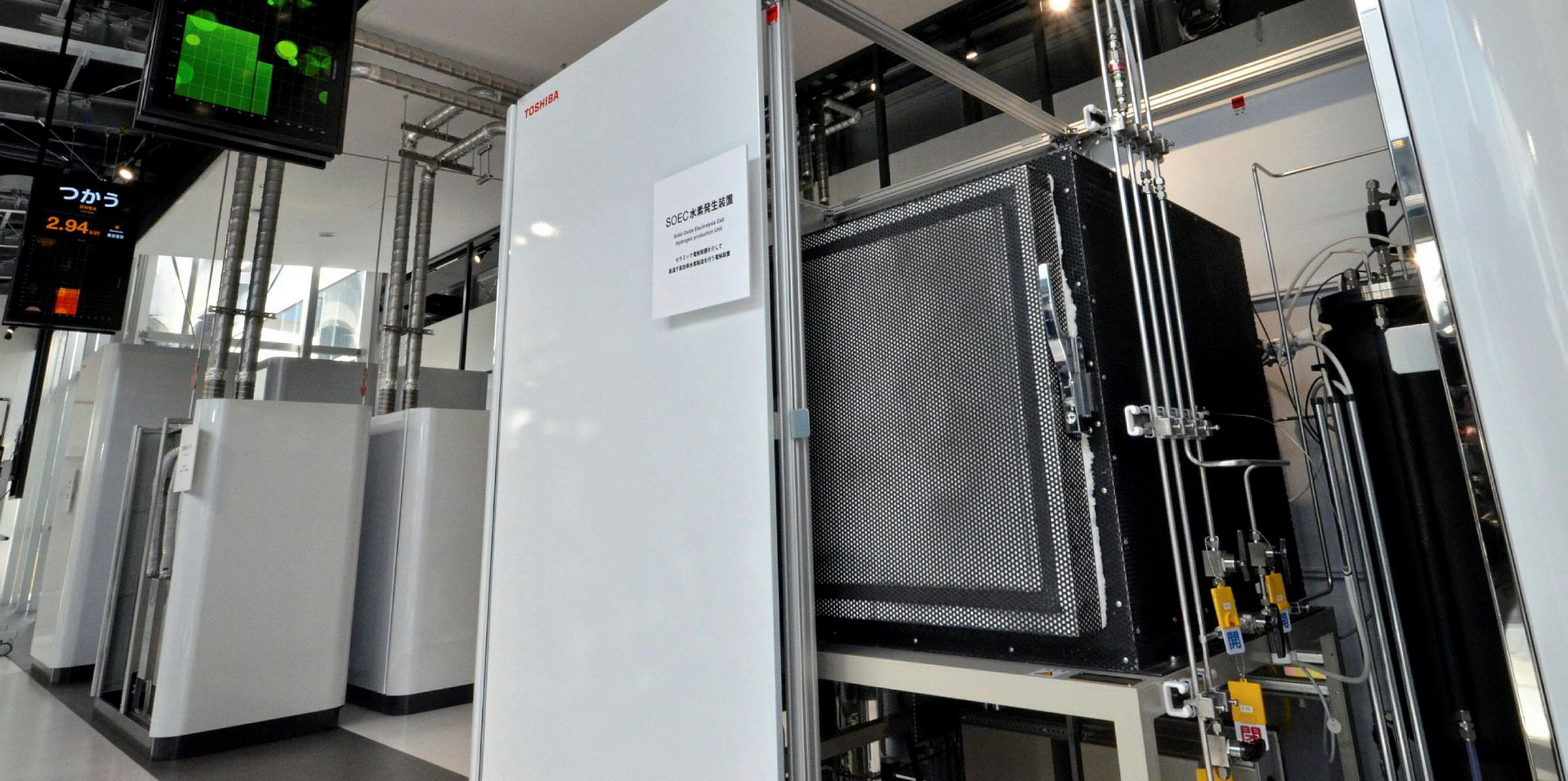Transitioning energy giant Total has signed a co-operation agreement with German electrolyser specialist Sunfire to develop technology for industrial-scale production of synthetic methanol from green hydrogen and concentrated CO2.
Through the deal, Sunfire will provide a megawatt-scale high-temperature HyLink 200 solid-oxide electrolyser system, which will split water molecules into hydrogen and oxygen, as part of the E-CO2MET R&D project, being run at the Total Raffinerie Mitteldeutschland.
“Total is delighted to develop efficient technologies to re-use CO2 to chemicals, materials and fuels,” said Total chief technology officer Marie-Noelle Semeria, adding that Total sees the co-operation as “heralding a new era” for the industrial use of renewable hydrogen and methanol in refineries.
“Carbon capture, utilisation and storage is going to play an essential role in achieving carbon neutrality without curbing economic and social growth,” she said.
Sunfire managing director Nils Aldag stated: "The use of our high-temperature electrolyser at one of the largest oil companies in the world confirms our years of hard work driving decarbonisation in large-scale industries.
“This technology can become the core building block for energy sectors that cannot source electricity directly from renewables. With the transformation into renewable gases and fuels and the use of existing infrastructures, we can make the transport sector and the chemical industry climate-neutral.”
High-temperature electrolysers can directly use steam or waste heat from industrial and synthesis processes, reducing the amount of clean electricity required to produce hydrogen. Total believes the technology to be the “most efficient process on the market for converting electricity into hydrogen”.
“The high efficiency [of the HyLink 200 system] of over 80% also significantly reduces the overall cost of the integrated process,” said Semeria.
Total Carbon Neutrality Ventures, the venture capital arm of Total SA, has been a minority equity shareholder in Sunfire since 2014.
Captured CO2 can be combined with green hydrogen to produce carbon-neutral synthetic fuels, which could eventually replace petrol, diesel, aviation fuel or methanol, that are currently produced from oil or gas. However, if these synthetic fuels are burned with carbon capture and utilisation, the CO2 will still be released into the atmosphere.
Total’s interests in renewable energy range from investments in US PV outfit SunPower and Lithium-ion battery maker Saft to onshore wind projects via its subsidiary Total Eren. Most recently, it announced a tie-up with Chinese clean energy group Envision to develop distributed solar projects in China and, last month, also revealed plans to break into the UK offshore wind market, repositioning a strategy that in 2017 still treated the now mainstream sector as one it would “potentially, possibly” invest in.



